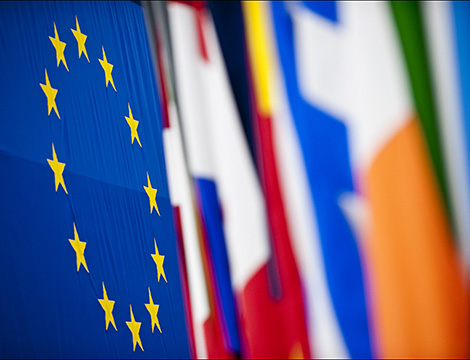
This article was originally published by Carnegie Europe on 6 July 2017.
Germany and the UK are likely to remain dependent on U.S. defense, because the alternatives are currently too daunting for Berlin and London.
It is obvious that the European members of NATO depend on the United States for their defense. And why wouldn’t they want that dependence to continue? Only Russia currently poses a direct military threat to Europe. However, for all its meddling—both military and nonmilitary—in European NATO members, Russia would hardly want to risk a shooting war with the United States, the world’s only military superpower. Plus, American protection allows Europeans to spend relatively less on defense and more on other things.
Yet, because of U.S. President Donald Trump’s vacillating rhetorical commitment to NATO’s mutual defense, it is becoming fashionable for some European politicians to argue that Europeans will increasingly have to look after themselves. Explaining the rationale behind the need for the EU to expand its military role, European Commission President Jean-Claude Juncker told an audience in Prague on June 9 that the United States was “no longer interested in guaranteeing Europe’s security in our place.”




